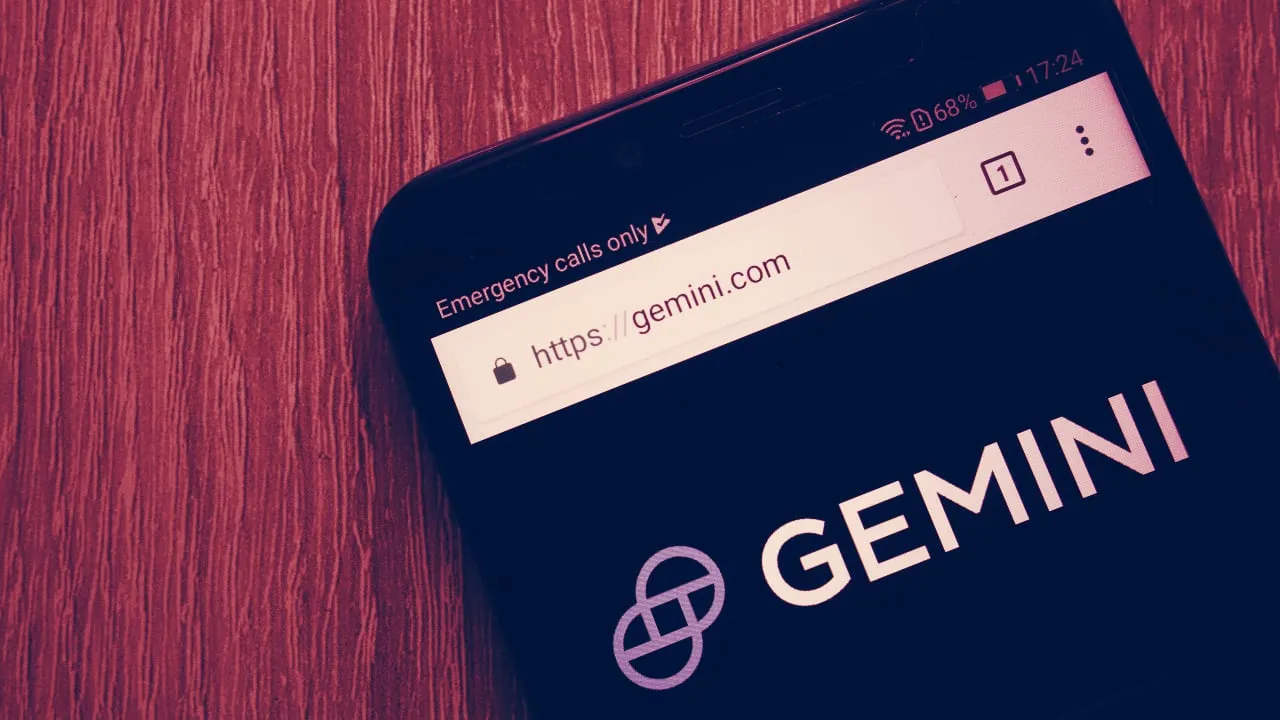Gemini CEO and co-founder Cameron Winklevoss publically accused crypto broker Genesis and its parent firm Digital Currency Group (DCG) of committing fraud, urging DCG CEO Barry Silbert to step down.
The statement makes numerous allegations of serious wrongdoing, saying there is “no path forward” as long as Silbert remains CEO and that “he has proven himself unfit” to run the company.
Winklevoss added that under new management, DCG can work with Gemini on a “win-win outcome for all.”
Aside from Genesis, DCG also owns institutional crypto investor Grayscale Capital, crypto app Luno, and media company Coindesk.
Earn Update: An Open Letter to the Board of @DCGco pic.twitter.com/eakuFjDZR2
— Cameron Winklevoss (@cameron) January 10, 2023
The statement alleges that Genesis and DCG, including CEO Barry Sibert and other “key personnel,” conspired to make false statements and misrepresentations to Gemini, investors, and the general public about Genesis’ financial health.
Genesis acted as the primary partner for Gemini’s Earn service, which allowed users to earn up to 8% interest on their crypto. In November 2022, however, the platform shuttered withdrawals after Genesis announced the same.
DCG, Three Arrows Capital and alleged accounting fraud
The statement also alleged that DCG “hoped to buy time to dig themselves out of the hole which they had created” after they absorbed massive losses as a result of their exposure to defunct hedge fund Three Arrow Capital.
The exhaustive letter by Winklevoss accused Genesis of recklessly lending to 3AC as the hedge fund was using the money for a “kamikaze” trade, where 3AC swapped Bitcoin for shares in Grayscale's Bitcoin trust product (GBTC).
Winklevoss claims that Silbert allowed these transactions to continue as it would stop GBTC shares from being sold on the market, therefore protecting the shares' price.
In addition, Winklevoss alleged that DCG failed to report these swaps as “risky derivatives trades” but instead as collateralized loans, representing DCG’s balance book as healthier than it actually was.
Additionally, Winklevoss said that DCG’s claims made in early July to have injected $1.2 billion into Genesis were incorrect and that DCG had not given Genesis “so much as a penny” of actual funding.
Winklevoss went on to claim that the 10-year promissory note that DCG entered into was “a complete gimmick” that did nothing to improve Genesis’s liquidity position or solvency.
The founder then alleged that DCG had committed accounting fraud, by reporting the above note as a “current asset,” which is generally defined as an asset that can be exchanged for its current value within a year. The Gemini said DCG misunderstood this definition by “a country mile.”
DCG did not immediately respond to Decrypt’s request for comment.

